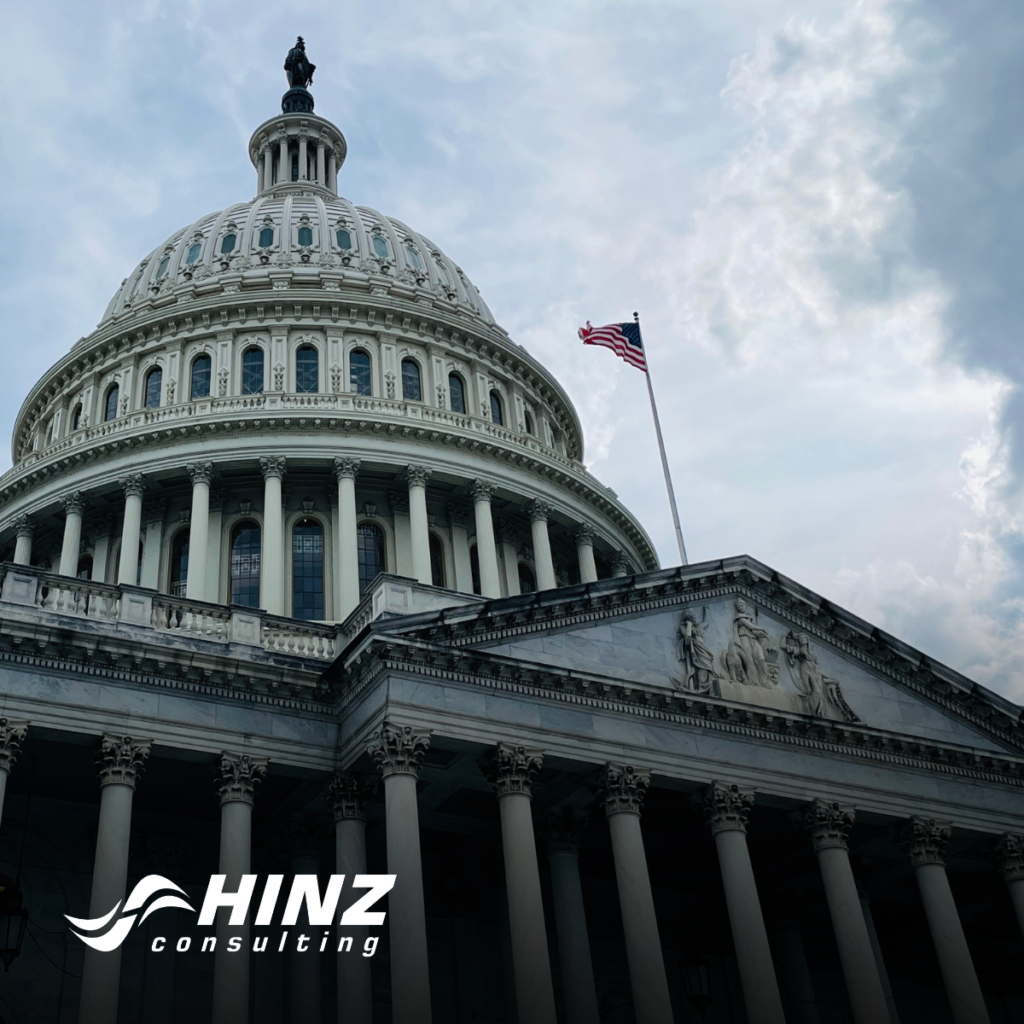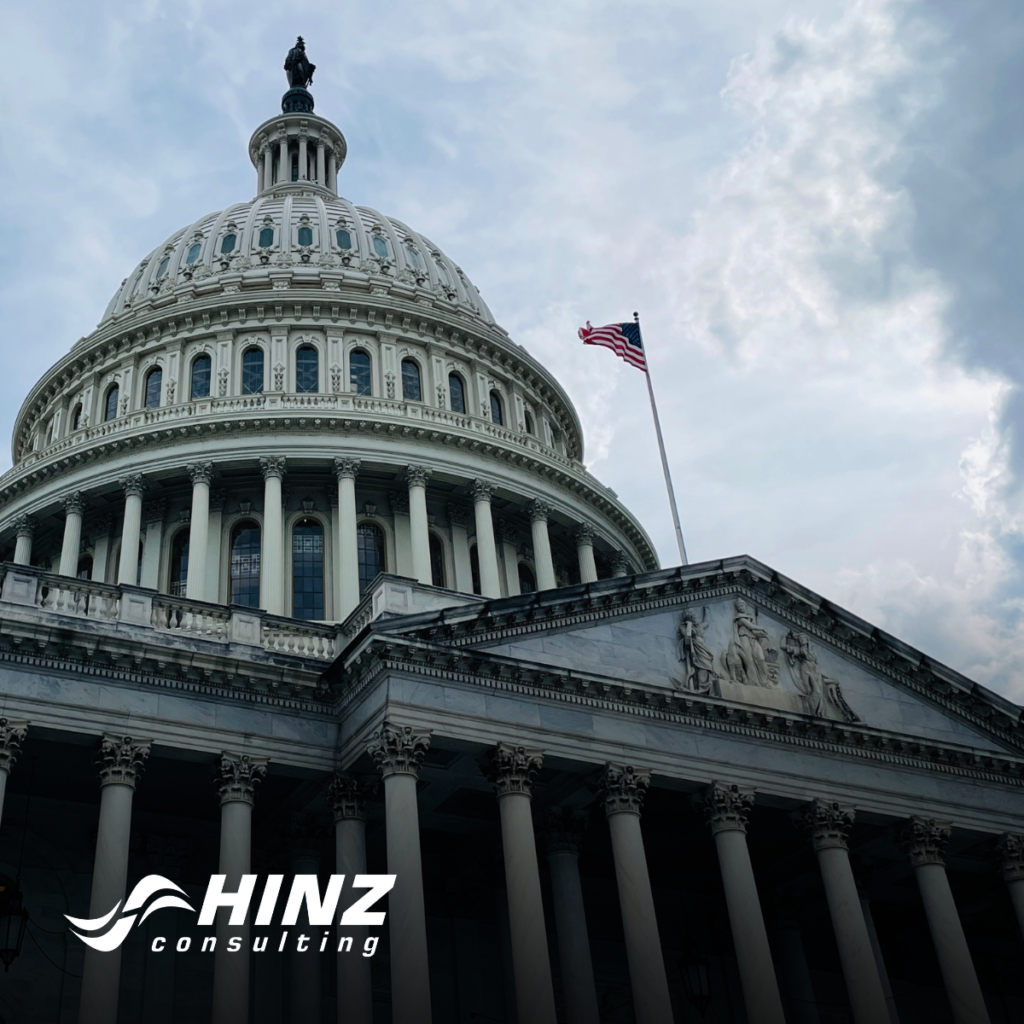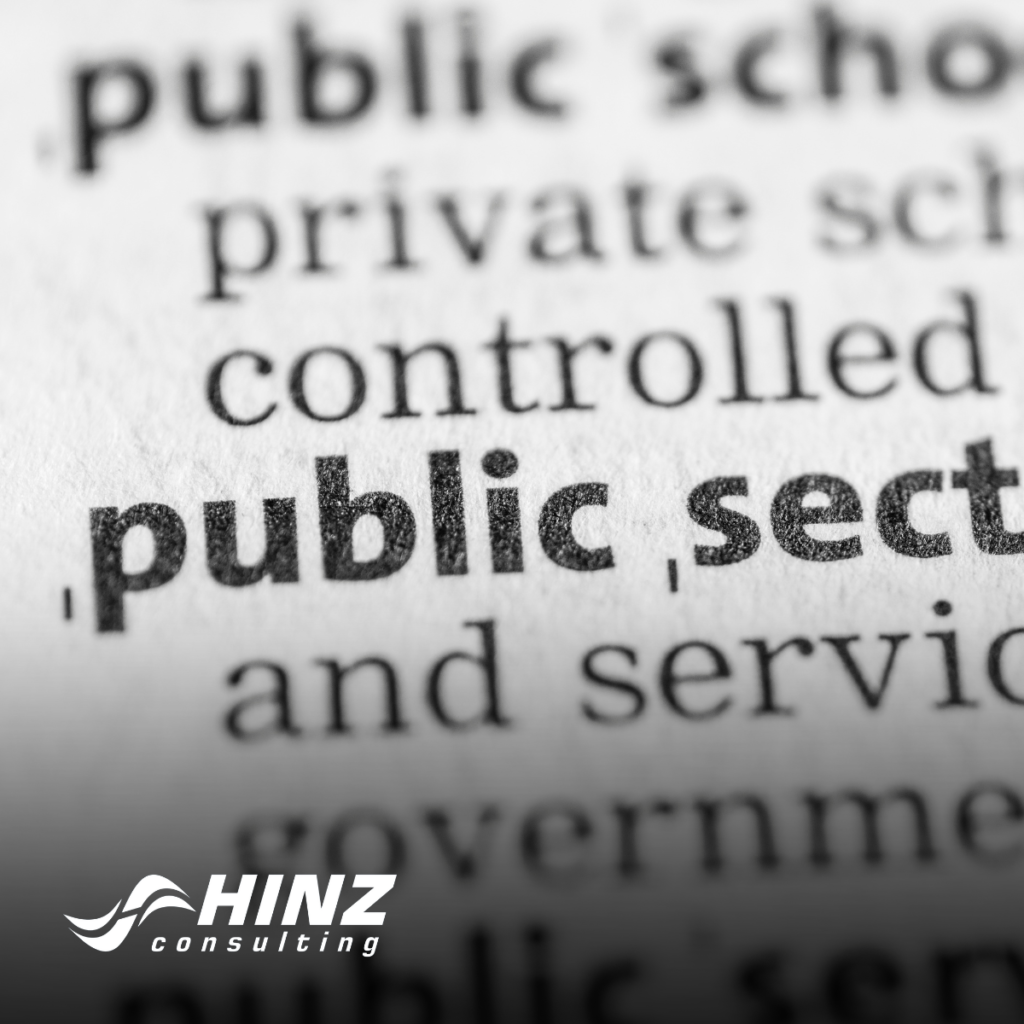Benefits of a Government Contract Proposal Writer

In the complex realm of government contracting, securing contracts demands more than just technical know-how—it requires a skilled hand in crafting compelling proposals. A Government Contract Proposal Writer plays a pivotal role in this process, offering unique benefits that extend beyond the surface. Let’s delve into the multifaceted advantages of having a proficient proposal writer […]
What Is A Government Contract Proposal Writer?

A government contract proposal writer is a professional responsible for crafting compelling and comprehensive proposals in response to government solicitations or requests for proposals (RFPs). These individuals play a crucial role in the competitive world of government contracting, where agencies outline their needs, and businesses submit proposals to secure contracts. Key Responsibilities of a Government […]
Effectively Utilize an AI Proposal Writer in Government Contracting

Unlock the potential of AI in government contracting by learning how to harness the capabilities of an AI proposal writer. Explore actionable insights on making the most of AI tools for crafting compelling and successful proposals. How to Use an AI Proposal Writer: Understanding Procurement Requirements: · AI proposal writers can analyze procurement requirements and […]
The Roles of an AI Proposal Writer in Government Contracting

Unlock the key roles of an AI proposal writer in government contracting and witness the evolution of proposal creation. Delve into the unique responsibilities that make AI-driven tools indispensable for crafting winning proposals. Roles of an AI Proposal Writer: Content Creation and Optimization: · AI proposal writers excel in generating high-quality, tailored content for proposals. […]
The Benefits of an AI Proposal Writer in Government Contracting

Introduction: In the realm of proposal creation, the integration of Artificial Intelligence (AI) has ushered in a new era of efficiency and effectiveness. At the forefront of this transformation is the AI Proposal Writer, a powerful tool that goes beyond mere automation. This blog delves deep into the myriad benefits that organizations can unlock by […]
What is an AI Proposal Writer?

An AI proposal writer is a specialized tool or software designed to assist in the creation and development of proposals, particularly in the context of government contracting. It leverages artificial intelligence (AI) technologies, including Natural Language Processing (NLP), machine learning, and advanced algorithms, to automate various aspects of the proposal writing process. The primary goal […]
A Step-by-Step Guide to Mastering AI Proposal Writing

In the realm of business proposals, the adoption of Artificial Intelligence (AI) is reshaping the landscape, offering unparalleled advantages to those who harness its capabilities. This blog takes a deep dive into the transformative power of AI proposal writing, uncovering how it enhances efficiency, personalizes content, and contributes to strategic decision-making. Embracing Efficiency: Streamlining Workflows […]
A Guide to Making the Right AI Solution Choice

In a world where the half-life of technology is faster than ever, choosing the right AI solution is akin to navigating a constantly evolving landscape. As companies race to stay at the forefront of development, your beacon of guidance is the AI Center of Excellence (AI COE), alleviating the burden of tracking advancements. Let’s delve […]
Benefits of AI Proposal Writing

In the ever-evolving landscape of proposal writing, leveraging the benefits of Artificial Intelligence (AI) has become a game-changer. AI proposal writing isn’t just about automation; it’s a strategic investment in efficiency, effectiveness, and overall success. This guide aims to unravel the multitude of benefits that AI brings to the table, transforming the way businesses approach […]
How Strategic Pricing Can Improve Cost-to-Serve for Public Sector Service Providers

Strategic pricing is a paramount consideration for service providers operating in the public sector, influencing their ability to provide effective services within the constraints of government budgets and regulatory frameworks. The impact of strategic pricing on improving the cost-to-serve for these service providers is multifaceted, encompassing elements of financial sustainability, transparency, innovation, and competition. At its core, strategic pricing […]
